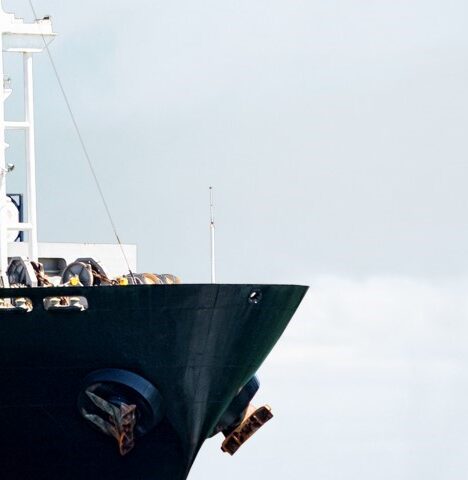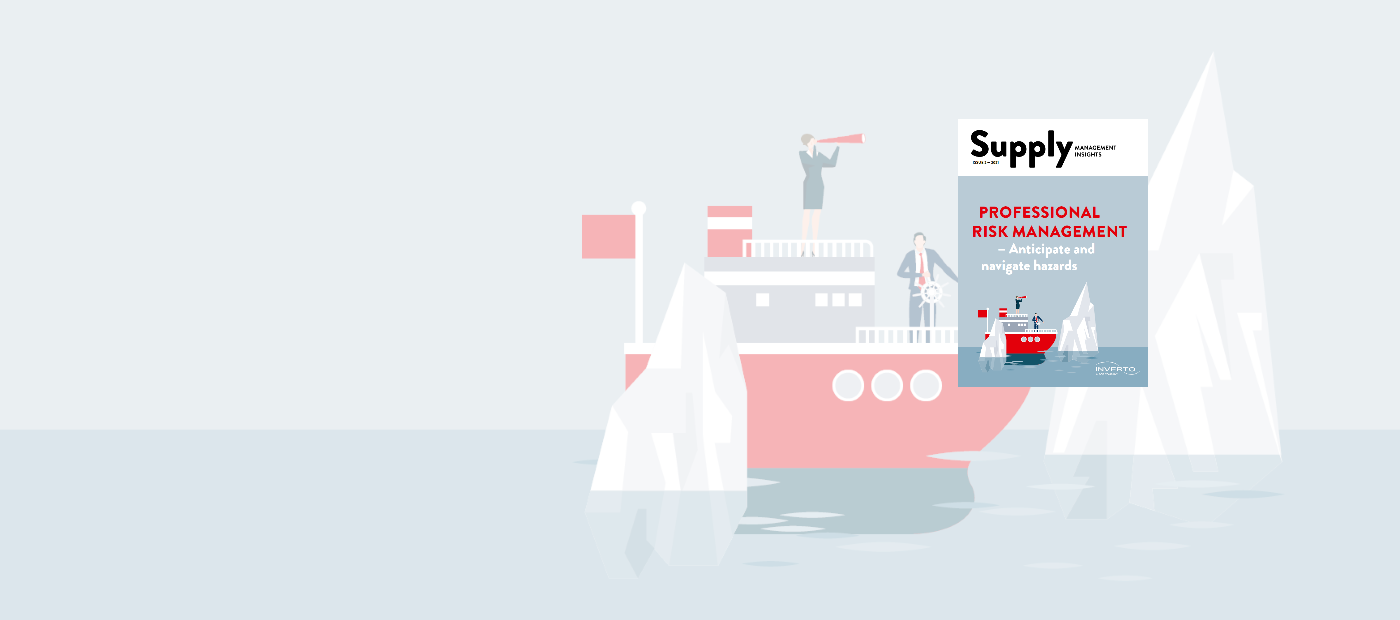Although rising raw materials prices, transport costs and customs duties can threaten a company’s margins, nothing has a greater impact than production downtimes. As a consequence, lead times are increasingly in the spotlight. Our survey on lead times and the subsequent interviews with experts revealed that ensuring stability and reliability is more important than fast or cost-effective transport methods.
For decades, we took prompt deliveries for granted, even if goods had to travel halfway around the world. Then the coronavirus hit and the ensuing changes in the transport industry are still affecting us. Some rates for sea and air freight have risen drastically, while reliability has fallen significantly. This has forced companies across all industrial sectors to rethink their existing lead times strategies and align them with possible new supply chains. We have identified four particular trends:
Integrating Regional Suppliers
Although many companies are considering their requirements for regional suppliers, the aim is often to use these providers to supplement existing structures, not to replace them. Diversification leads to increased stability and reduces dependence on individual suppliers or regions. Nevertheless, our interviews with experts from the automotive and mechanical engineering industries have revealed that they use single sourcing strategies for key components. Companies should rely on a range of providers wherever possible, even if doing so means more work in terms of coordination and inspection.
Increasing Inventory Levels
Before the coronavirus pandemic, many companies only had small warehouses and relied on just-in-time deliveries. As the current situation is dominated by uncertainty, the approach of building up higher inventory levels has increased significantly. At the same time, companies are investing in digital storage management systems to make sure that these inventory levels are transparent at all times. Suppliers are also facing more stringent requirements to ensure their deliveries are reliable.
Identifying Alternative Transport Methods
Air freight capacities have contracted drastically and become significantly more expensive, so companies that mainly used this transport method before the pandemic have been forced to look for alternatives – and not all have been successful. To give an example, Henning Körner – Global Strategic Buyer at Olympus – has reported that rail transport and hybrid models are out of the question for the
medtech company’s sensitive products. In the long term, Olympus intends to increasingly shift to using sea freight (see interview). Overall, it is clear that many companies have become more flexible in their choice of transport methods, with reliability also being prioritized here.
Implementing Digitalization
In many cases, the instability in supply chains in recent months has exposed a striking lack of transparency. In order to remedy this along the full supply chain, companies are investing in digital solutions across all sectors. End-to-end supply chain digitalization is crucial to making it possible to track deliveries in real time and react to risks quickly. Integrating external sources and creating interfaces with suppliers and customers is going to be one of the major challenges in the next few years.
To receive the INVERTO Lead Times Study, please fill out the form:
About the Authors:
Jan Mersmann:
Jan Mersmann is a Senior Project Manager at INVERTO in Cologne. He advises customers from the automotive sector, medical technology and the process industry, with a particular focus on process optimization.
Emiliano Müller Valle:
Emiliano Müller Valle is a Consultant at INVERTO’s Munich office. He focuses on advising automotive conglomerates and suppliers, dealing mainly with supply chain management and logistics.

